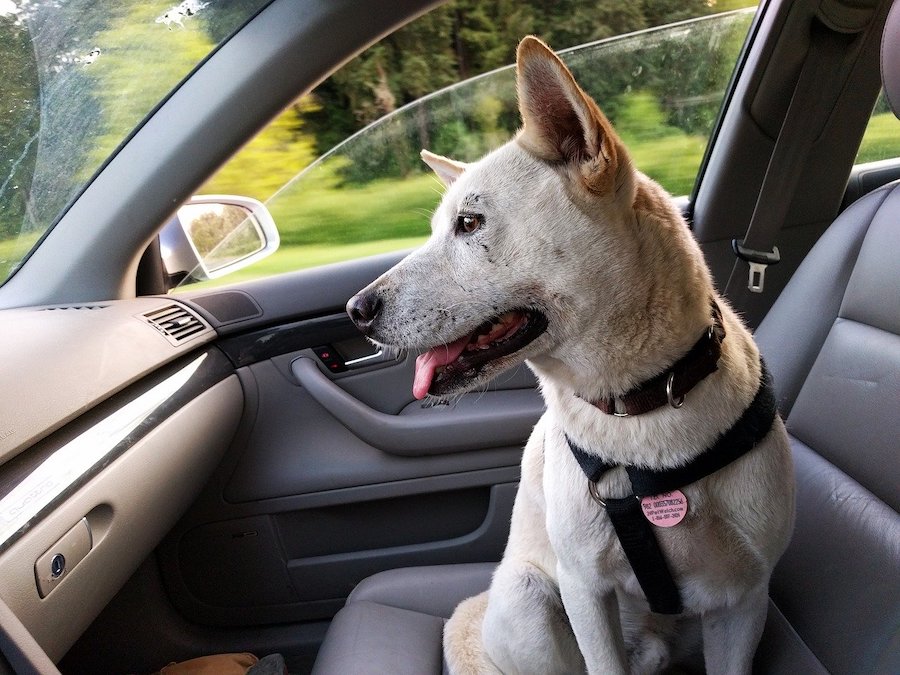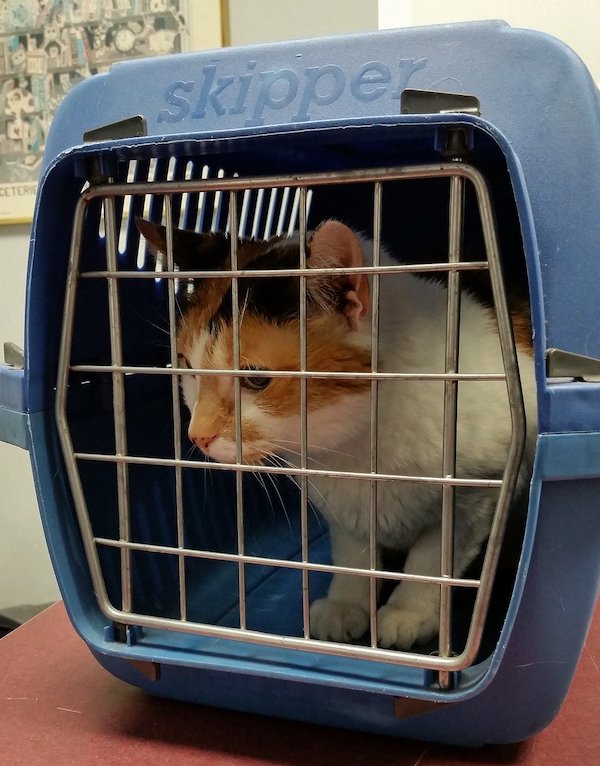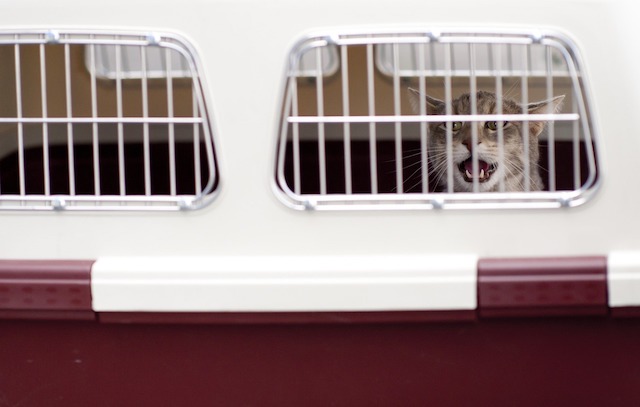Trudie Porter from easyPet explains how to travel between the European Union and the UK with pets now Brexit has become a reality.
Owners are understandably concerned and somewhat confused regarding any changes in the pet travel requirements following Brexit. Here is some information based on what we know so far:
Assuming that a deal is agreed by the end of the transition period nothing will change. Owners can continue to travel with their pets between the UK and the EU under the current rules using either a pet passport issued in the UK or another EU country.
The latest advice received from the Animal and Plant Health Agency (APHA), an executive agency sponsored by DEFRA is as follows:
“Our current position is that we will continue to operate as we do currently until the end of the transition period. Export conditions and paperwork requirements are expected to stay the same until either the end of the transition period or a deal is agreed.”
Pet travel from the EU to the UK
If you live or spend time in the EU and plan to travel with your pet after Brexit, using a GB issued pet passport, you will need to speak to your vet to find out about the effect of Brexit and ensure that you comply with PETS.
Alternatively, if your pet has a passport issued by an EU member state, you will be able to use it to bring your pet to the UK. You will also be able to use it to return to the EU provided that your pet has had a successful rabies antibody test.
If the sample is taken in the UK there will be a three month wait from the date of the extraction of the blood sample before travel.
However, if the blood sample is extracted and tested in the EU before travel to the UK, the three month wait will not apply.
Pet travel from the UK to the EU
If your pet has a UK issued passport and to ensure that your pet can travel from the UK to the EU after the Brexit transition period, contact your vet at least four months before your travel date to get the latest information.
Assuming the UK leaves the EU with a deal, it will become what is known under PETS as a third country with a Part 1 or a Part 2 listing.
You will need to obtain documents from an official vet that replace your pet’s UK issued passport.
Part 1 listed country
If the UK becomes a Part 1 listed country it will operate under the same PETS rules as EU member states but with a different type of passport – the UK pet passport. You will be able to have this for repeat travel to the EU provided that you keep your pet’s rabies vaccinations up to date.
Part 2 listed country
If the UK becomes a Part 2 listed country you will need to have your pet microchipped and vaccinated against rabies at least 21 days before travel, as with the current PETS requirements.
In addition, you will need to visit an official vet no more than 10 days before the date of travel to obtain an Animal Health Certificate (AHC) confirming that your pet has been microchipped and vaccinated against rabies.
You will need a new AHC for every trip to an EU country. You will also need to keep your pet’s rabies vaccinations up to date and ensure that dogs receive tapeworm treatment before travel.

Unlisted country in the event of a no-deal Brexit
In the event the UK leaves the UK without a deal, it will probably be treated as an unlisted country under PETS and a current UK issued pet passport will not be valid for travel to the EU.
Owners will need to allow at least four months before the date of travel allowing time for:
- A microchip and a rabies vaccination;
- A blood sample to be extracted no less than one month after the rabies vaccination and analysed;
- A three month wait from the date of the extraction of the blood sample.
This is assuming a successful titre level of 0.5 or above.
Please note that this rabies antibody test and three month wait is only required once provided that future rabies vaccinations are administered on or before the ‘valid to’ date.
If the UK leaves the Customs Union
If the UK leaves the Customs Union there will almost certainly be implications for customs and duty on inbound and outbound pets, but it is not certain exactly what those implications will be.
Photos: Pixabay
Read more:
One year in: the success of easyPet
easyPet launches transport service to London



